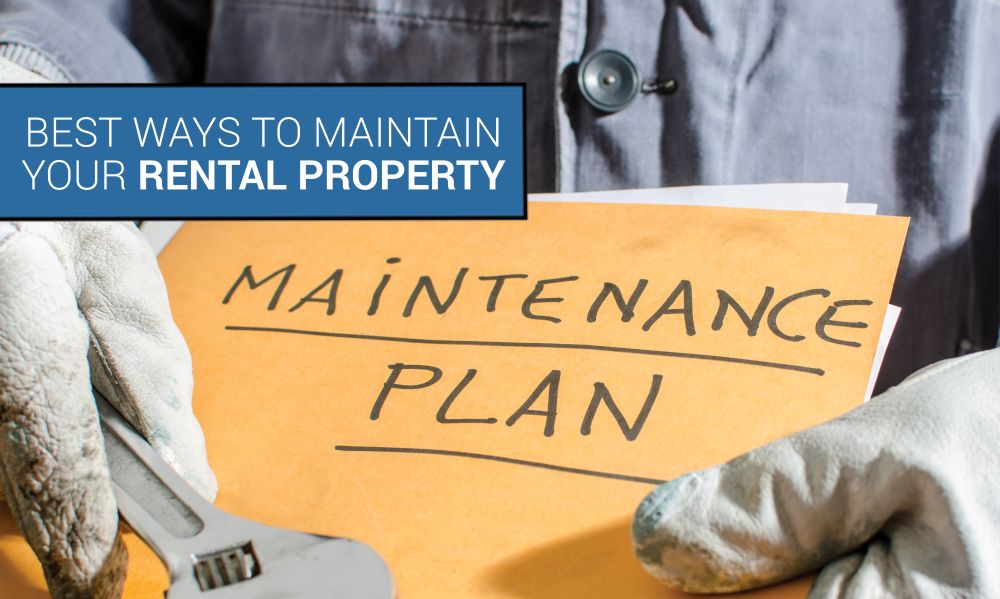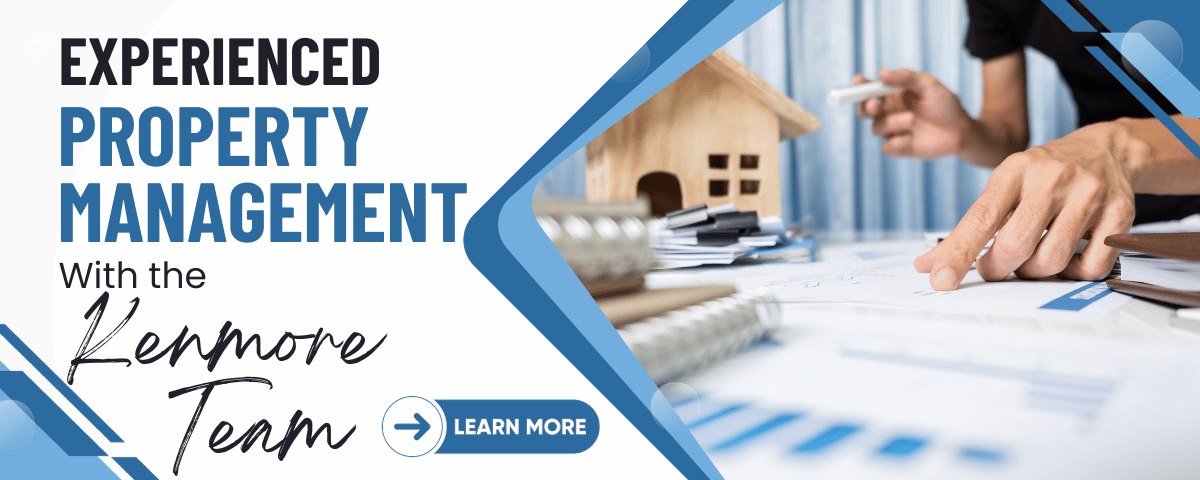Staying on top of basic maintenances and being proactive with small issues, you can enjoy a more comfortable home and avoid any potential disputes or fees down the road. Here’s a helpful guide on the best ways you can maintain your rental property.
- Report Maintenance Issues Promptly:
One of the most important things you can do as a tenant is to report maintenance problems as soon as they happen. Delaying repairs can lead to bigger issues (and sometimes even damage fees).
Why this is important-
- Prevents Damage: A small leak under a sink could lead to mold or cabinet damage if ignored. Early reporting gives your landlord a chance to fix it before it spreads.
- Protects Your Security Deposit: Documenting and reporting problems early shows you took care of the property and weren’t responsible for any damage.
- Ensures Safety: Problems like faulty outlets, broken locks, or gas smells should be addressed immediately to keep you and your household safe.
If you're ever unsure whether something is worth reporting; report it anyway. Your property manager will appreciate the heads-up & can decipher what is needed.
- Keep the Space Clean and Tidy:
Regular cleaning isn’t just about appearances it helps prevent wear and tear, pest problems, and damage to surfaces.
Why this is important -
- Prevents long-term damage: Dust, grease, spills, and buildup can stain surfaces and wear down finishes over time.
- Discourages pests: Crumbs, standing water, and clutter attract roaches, ants, and rodents.
- Promotes good health: clean air, floors, and surfaces reduce allergens and improve indoor air quality.
A clean and organized rental reduces stress, promotes better health, and helps avoid avoidable costs.
- Replace Air Filters and Light Bulbs When Needed:
If your rental has a central heating or AC system, it likely has an air filter that needs changing every 1–3 months. This helps the system run efficiently and keeps your air clean & helps keep your power bill lower.
- Know What You're Responsible For:
As a tenant, it’s important to understand what upkeep tasks you’re expected to handle and what falls under your landlords responsibility. Knowing the difference helps avoid confusion, missed responsibilities, and potential charges at move-out.
- Yard/Lawn Maintenance (if specified): tenants may be responsible for mowing, watering, or snow removal.
- Air Filter Changes: Tenants are responsible for changing HVAC filters every 3 months.
- Light Bulb Replacement: Replacing standard bulbs in fixtures.
- Routine Cleaning: Keeping the home in clean, sanitary condition
- Proper Appliance Use: Using appliances correctly and not overloading washers, dryers, or dishwashers.
Your lease is the rulebook when it comes to tenant responsibilities. It should outline what you’re expected to maintain and what your landlord will take care of. If you are unsure please consult your lease agreement.
- Be Mindful of Moisture:
Moisture is the leading cause of mold in homes. You can help prevent this by:
- Using bathroom fans during and after showers.
- Wiping down wet surfaces.
- Reporting leaks or condensation around windows or pipes.
- Clean up spills right away, especially near baseboards or flooring seams.
- If there’s no fan, open a window slightly to allow steam to escape.
Moisture may seem harmless, but over time it can cause serious issues like mold growth, water damage, and even health concerns. Fortunately, tenants can take thoes simple steps to help remity this.
Taking care of your rental isn’t just about following rules it’s about creating a better living experience for yourself and your neighbors. A little effort goes a long way in making sure your home stays comfortable, safe, and in great shape.


